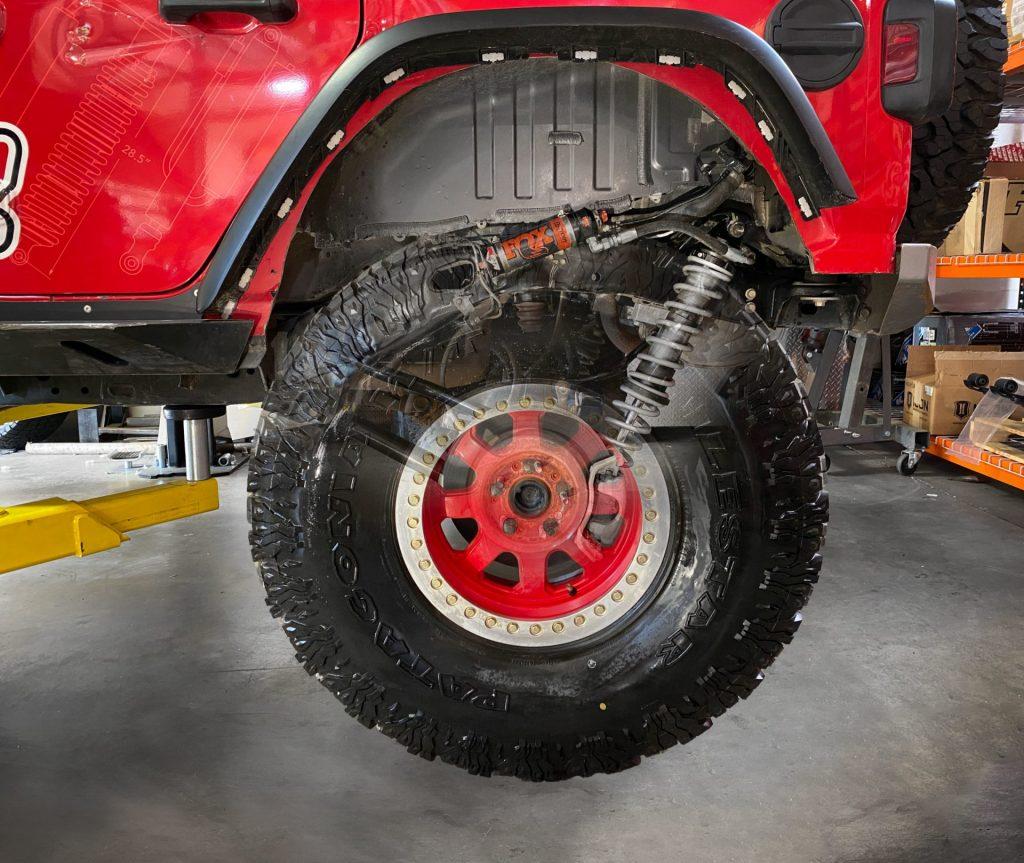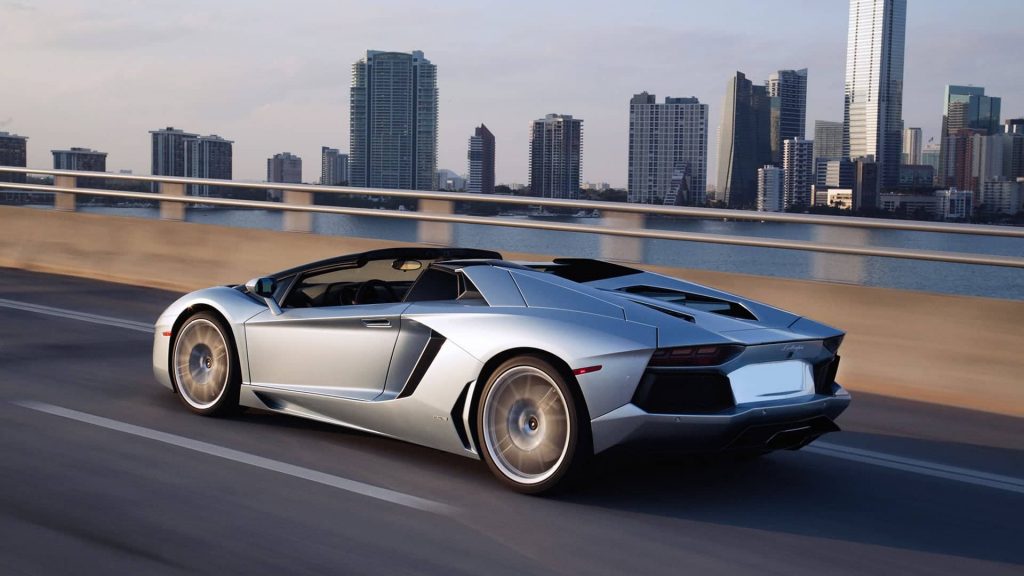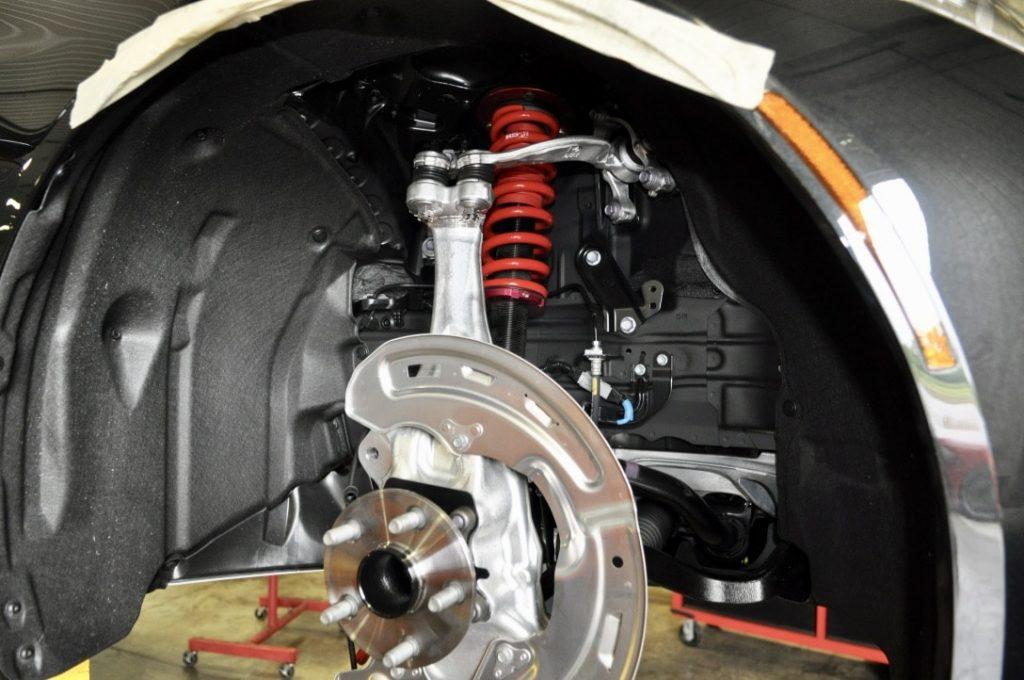Do Coilovers Make Your Car Slower?
By Sebastian Orellana
Updated Feb 18, 2024

Coilovers are a popular suspension modification used by car enthusiasts. They are designed to improve a car's handling, stability, and cornering ability while providing a lower center of gravity. But do coilovers make your car slower? This post will explore the effects of coilovers on a car's performance, focusing on speed, handling, and safety.
Table of Contents
READ: What Type of Axle is Best for Off-roading?
Understanding Coilovers and Their Benefits

Coilovers are automobile suspension systems that combine a shock absorber and a coil spring in one unit. The shock absorber acts as a dampener, absorbing the energy of bumps and dips in the road, while the coil spring helps to support the vehicle’s weight and maintain a consistent ride height.
One of the primary benefits of coilovers is that they offer a greater degree of adjustability than traditional suspension systems. By adjusting the vehicle's height and spring rate, car owners can customize their car’s ride and handling. This makes them ideal for performance applications and for lowering or raising the vehicle’s center of gravity.
How Coilovers Can Make Your Car Slower
Unfortunately, coilovers can make your car slower if not correctly adjusted. This is because they are designed to be stiffer than traditional suspension systems. If the spring rate is too high, the car’s wheels will not be able to move as much as they need to absorb the bumps and dips in the road. This can lead to a rougher ride and slower acceleration.
In addition, coilovers are not adjustable for all types of terrain. While they are ideal for performance applications, they can be too stiff for normal driving conditions. If the spring rate is too high, the car’s wheels will not be able to move as much as they need to absorb the bumps and dips in the road. This can lead to a slower, less comfortable ride.
Speed

When it comes to speed, coilovers can make a car slower, depending on the type and amount of adjustment made. Coilovers consist of a spring, shock absorber, and adjustable mount. When adjusted properly, the shock absorber can reduce the car's overall weight, making it quicker off the line. However, if the coilover is set too low, it can cause increased drag, resulting in slower acceleration.
Additionally, a stiffer coilover setup can reduce the energy transferred from the tires to the road, resulting in slower speeds.
READ: What Does SXT Stand For In Dodge?
Handling

When it comes to handling, coilovers can make a car both faster and slower. On the one hand, they can provide improved grip, allowing for better cornering and more precise steering. On the other hand, a stiffer coilover setup can result in reduced grip, making it more difficult to corner and turn.
Additionally, if the coilover is set too low, it can reduce the car's ground clearance, causing it to bottom out more efficiently, resulting in slower speeds and poorer handling.
Safety
The safety of a car can also be affected by coilovers. If the coilover is set too low, it can reduce the car's ground clearance, making it more susceptible to bottoming out on uneven surfaces. Additionally, a stiffer coilover setup can decrease the car’s ability to absorb bumps, resulting in a rougher ride and an increased risk of damage.
How to Adjust Coilovers to Maximize Performance

The key to getting the most out of your coilovers is to adjust them to the terrain you’ll be driving on. If you’ll be driving on normal roads, adjust the spring rate to be slightly softer than the terrain you’ll be moving on. If you are driving on rough roads, adjust the spring rate to be marginally firmer than the terrain you’ll be driving on.
It’s also essential to adjust the shock absorbers to the terrain you’ll be driving on. If driving on normal roads, adjust the shock absorbers to be slightly softer than the terrain you’ll be going on. If you are driving on rough roads, change the shock absorbers to be somewhat firmer than the terrain you’ll be driving on.
In addition, the ride height of the vehicle should also be adjusted to the terrain you’ll be driving on. If you are going on regular roads, adjust the ride height slightly above the landscape you’ll be moving on. If you are driving on rough roads, adjust the ride height to somewhat lower than the terrain you’ll be going on.
Finally, ensuring the suspension system is properly aligned is essential. Poor alignment of the suspension system can cause the car to handle poorly and lead to slower acceleration.
READ: The Best LS Standalone Harness
Conclusion
In conclusion, coilovers can make a car faster or slower, depending on the type and amount of adjustment. While they can improve grip and stability, they can also reduce ground clearance, resulting in slower speeds and poorer handling. Additionally, a stiffer coilover setup can reduce the car’s ability to absorb bumps, making it more prone to damage. For these reasons, it is vital to consider the effects of coilovers on a car’s performance before making any adjustments.
